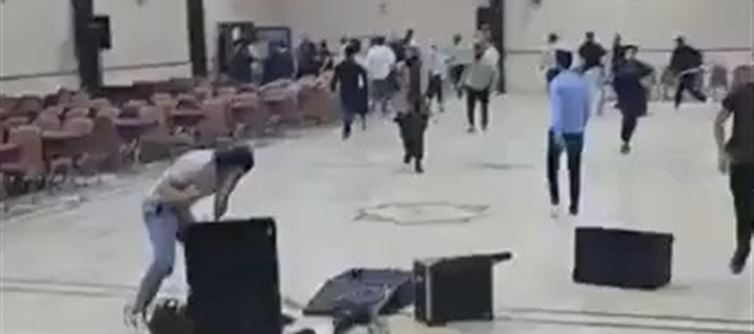
This incident reflects the broader pattern of authoritarian control and cultural suppression exercised by HTS and similar factions in parts of syria where they maintain de facto rule. Despite the group's claims of "moderation" in recent years to gain international legitimacy, actions like this underscore its fundamentalist roots and its continued intolerance of expressions of personal freedom or cultural diversity. The targeting of music events or social gatherings—often seen in Taliban-ruled areas or under isis control—has become a hallmark of extremist Islamist governance, where strict Sharia law is imposed, often violently, to maintain ideological purity and societal control.
For the local population in Sarmada and across Idlib, such incidents contribute to an atmosphere of fear and repression. Cultural activities, entertainment, and even simple forms of public gathering are curtailed, depriving communities of normalcy and creative expression in an already war-torn region. The destruction of sound equipment is not just about silencing music—it is about silencing dissent, joy, and individual autonomy. As long as such groups maintain power, efforts to rebuild civil society and reintroduce pluralism in post-conflict syria will remain severely constrained.




 click and follow Indiaherald WhatsApp channel
click and follow Indiaherald WhatsApp channel